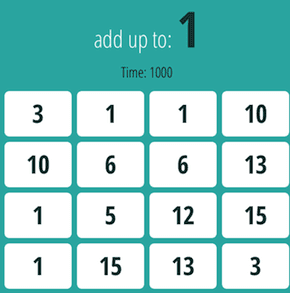The study, published in the journal Current Biology, states that there may be benefits to performing aerobic exercise four hours after learning something.
Procedure
In order to test the possible link between exercise and memory retention, the researchers recruited a group of 72 participants to take part in a series of activities. The group of 72 was divided into 3 with each group being assigned slightly different activities.First, all participants studied 90 picture-location associations over a period of about 40 minutes. To account for the possibility of the time of day affecting learning ability, each group was split into 2, with one group beginning the learning activity at 9 am while the second group began at 12 pm. Directly after the activity, all of the groups were then given a test to evaluate how much of the information they retained from the learning activity. The participants were tested while inside a magnetic resonance scanner(MRI). This allowed the researchers to analyze their brain activity. After this first test, the activities of the groups started to take a different path.
Immediate Exercise(IE) Group
After completing the test, this group engaged in the following activities:
No Exercise(NE) group
This group completely skipped the exercise. After completing the initial test, their activities were as follows:
Delayed Exercise(DE) Group
This group carried out exercise just like with the IE group. However, their exercise session was 4 hours after the learning activity. Their order of activities was: After the three groups had completed these activities, 48 hours after the initial picture-location learning activity, a second recall test was administered inside of an MRI machine.
Outcome
The results after the second test indicated that members of the delayed exercise group performed better, displaying a notably increased level of retention of the original information when compared to the other groups. In short, they got more answers right. The MRI results also showed increased activity in the hippocampus when correct answers were provided.
Final Thoughts
The initial results of this research are promising, but a few things should be taken into account:
It isn’t clear how exercise would affect the recall of different types of patterns.The effect of the amount of sleep after carrying out exercise was not examined.Memory retention after a period longer than 48 hours isn’t clear as this wasn’t tested.The effect of the participants’ usual exercise activity wasn’t taken into consideration.Previous research shows that chemicals such as BDNF, plasticity-related products, noradrenaline and dopamine which are released during exercise play a part in memory retention. However, in this study, the levels of these chemicals were not measured. This means that their effect could not be measured in this research.
The above factors must be analyzed in order to gain a better understanding of the improved results observed in the DE group. However, the improvement shown in this group is promising nonetheless and could be useful in an educational setting where exercise could possibly be used as a cost-effective means of assisting persons in an educational setting. The above article may contain affiliate links which help support Guiding Tech. However, it does not affect our editorial integrity. The content remains unbiased and authentic.



![]()







